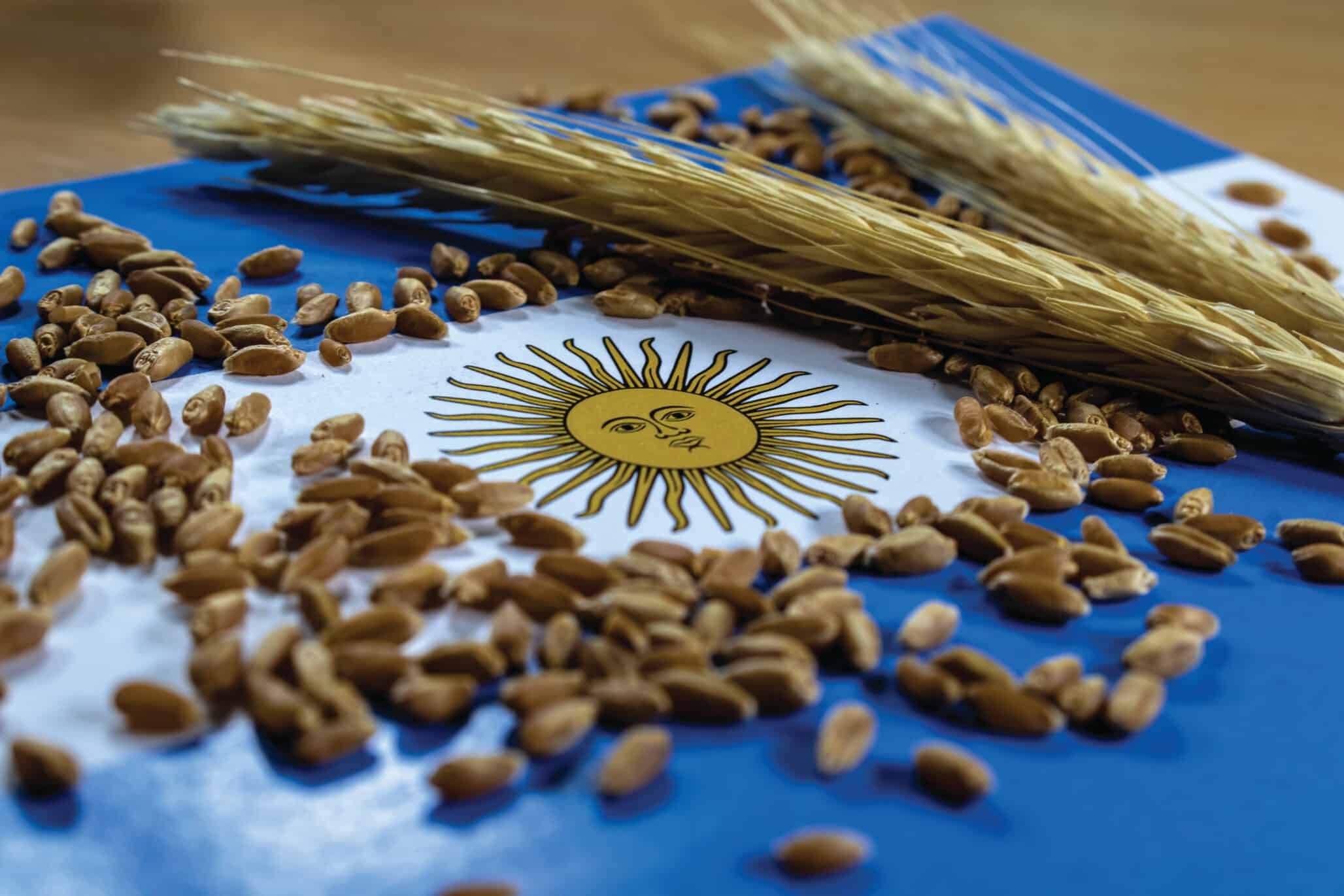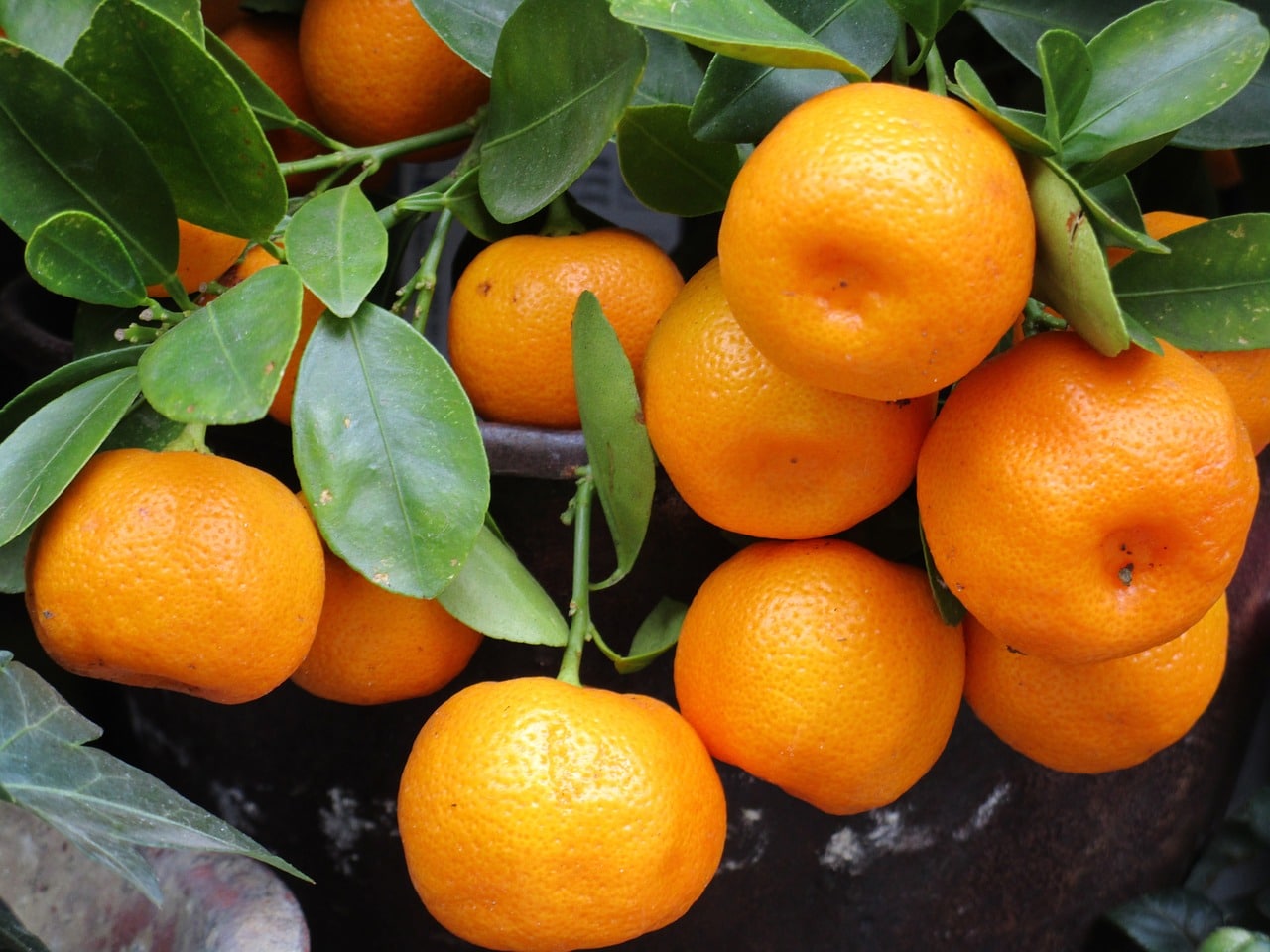Speech given at the 54th Ordinary Session, October 30, 2020
Mr. Marien Valstar, President of the UPOV Council,
Distinguished Delegates, Ladies and gentlemen,
I would like to express my sincere thanks to the UPOV Council for the honour that you have bestowed on me by appointing me as your Secretary-General. The UPOV community – our community – has an exciting journey ahead. This is because plant breeding has a critical role to play in responding to the challenges, we face today in making the world more sustainable. Our future needs to be greener – and plants are what make the world green.
The pandemic has also brought back the importance of our basic needs, particularly health and access to food. In going back to basics, countries have placed high priority on ensuring the continuing supply of seed.
Simply put, without seed today, there will be no food tomorrow.
To achieve the 2030 Agenda for Sustainable Development, the world will need to rely on two key actors, farmers and plant breeders. For many plant breeders, the UPOV system of plant variety protection will be essential in delivering the varieties that farmers will need to meet the challenge.
New varieties of plants with features such as improved yield, resistance to pests and diseases, salt and drought tolerance, or better adaptation to climatic stress are key to increasing productivity and product quality. At the same time, new varieties can help reduce the pressure on the natural environment. Due to the continuous evolution of new pests and diseases as well as changes in climatic conditions and users’ needs, there is a constant demand by farmers and growers for new plant varieties.
Track record of UPOV
The UPOV system has risen to the challenge repeatedly, and we have a proven track record of delivering what farmers and society need as these evolve.
In Europe, a 2016 study (1) has shown that:
- Without plant breeding, the European Union would have become a net importer in all major arable crops, including those it currently exports, such as wheat, potatoes, and other cereals. In fact, since 2000, plant breeding alone has enabled the EU to feed the equivalent of the populations of France and Germany for the past 15 years.
- Without plant breeding, the European Union would need an extra 19 million hectares of farmland to produce the same amount of food. This would have the same impact as deforesting an area of the Amazon the same size as Latvia.
Let me also share examples from other parts of the world.
In 1997, Kenya introduced PVP protection, and joined UPOV in 1999. Prior to 1997, there were only 38 new plant varieties as compared to 136 from 1997-2003. In the case of maize, the number of maize varieties increased from 7 to 60. Most of the new maize varieties are superior to the existing ones, particularly in yield, pest and disease tolerance, nutritional qualities, early maturity, and tolerance to abiotic stresses. Since maize is a staple food for 80% of Kenyans, this has had a positive contribution to food security in the country.
Looking at Asia, a study in Viet Nam (2) has linked productivity and environmental benefits to UPOV membership by comparing agriculture in Viet Nam before and after UPOV membership.
- In the period 1995-2005, before UPOV membership, increased yields in rice, corn (maize) and sweet potatoes were mainly through increased level of inputs – with no detectable increase due to plant breeding.
In the 10-year period after UPOV membership, yields in rice, maize and sweet potato increased annually by 1.7%, 2.1% and 3.1%, respectively, thanks to plant breeding. Vietnamese farmers in 2016 were producing approximately 20% more on their arable land than before UPOV membership.
Importance for economic development
One other important aspect of our work is that we help provide farmers with a secure income, in turn guaranteeing their own food security.
Again, turning to Kenya (3), UPOV membership has provided access to elite varieties of roses that have enabled Kenya to develop a $500 million cut-flower industry employing 500,000 Kenyans.
In Colombia4, the UPOV system of plant variety protection greatly boosted various industries, including floriculture. This was due to the entry of new businesses, which introduced new ornamental plant varieties and invested in Colombia. According to Asocolflores, the flower sector generates work in Colombia for over 200,000 people. This sector represented close to 5% of total Colombian exports during the last 10 years, making it the fourth most important line of foreign exchange for the country after oil, coffee, and coal.
In Vietnam, since UPOV membership in 2006, the yearly income of farmers has increased by over 24%. The overall impact from plant breeding activities investments on the GDP has been calculated at around USD 5 billion, which is more than 2.5% of their GDP.
These amply demonstrate the value of our work in bringing investments, creating jobs, and supporting the development aspirations of members, especially in developing country members, in different parts of the world.
Future effectiveness of the UPOV system
For the future, plant breeding has even greater challenges – to produce more from existing land while inputs are reduced. To achieve this formidable goal, plant variety protection will need to ensure that plant breeders can achieve a satisfactory return on the long-term investment that is required to produce new plant varieties.
Therefore, it is essential that the UPOV system evolves to be fit for purpose as technology and needs evolve.
The current discussions in UPOV on matters such as essentially derived varieties and harvested material are a good sign that UPOV is attuned and responsive to such developments.
Partnerships
The scale of the challenges is global and cross-cutting, while UPOV is a very small organization. This presents particular challenges for UPOV’s message to be heard. I see encouraging signs that UPOV is succeeding in delivering its message, particularly in the increasing number of countries that are working with the UPOV Office on the development of plant variety protection laws. At the same time, it is clear that partnerships will be increasingly important. We will need to continue working with UPOV members, with stakeholders and other organizations. I was particularly encouraged at the Consultative Committee yesterday to learn about the initiative that Oxfam, Plantum and Euroseeds brought to UPOV for discussion. I am delighted that UPOV is working closely with the World Farmers’ Organisation, particularly in the framework of the World Seed Partnership, because plant breeders and farmers are key players in the transformation of food systems.
I would like to take this opportunity to express my commitment, in my role as Secretary-General, to assist in improving UPOV’s outreach and enhancing partnerships. In talking about partnerships, I would like to emphasize my commitment as both Director General of WIPO and Secretary-General of UPOV to explore greater policy synergies across both organizations.
Harnessing technology
For the UPOV system to continue to be relevant, it is also essential for UPOV as an organization to adapt and evolve. I am excited to see the plans for UPOV to harness technology so that the plant variety protection system is efficient for UPOV members and for plant breeders, while contributing to the financial security of the organization.
The recent introduction of the UPOV PRISMA online application tool is an important step. The plans for supporting UPOV members in the form of electronic office management systems will be an equally major step for an efficient and effective system, which will also facilitate cooperation. Neural machine translation technologies are another opportunity to improve the outreach and understanding of the UPOV system. The COVID-19 pandemic has had tragic consequences around the world and has highlighted the importance of innovation to respond to difficult circumstances. For example, we have seen how electronic communication technologies have the potential to increase the outreach we can achieve, particularly for a small organization such as UPOV.
Cooperation within UPOV
I believe that new technologies have the potential to transform the performance of UPOV as an organization and the system that it offers in order that we can play a full part in meeting global challenges. However, I would like to conclude by recalling and emphasizing a particular strength of UPOV, which is the commitment to cooperation between its members and the support of UPOV members for the work of the UPOV Office. The technologies that we introduce will only have value as long as they are built on that cooperation and serve to enhance that cooperation. This is something that must remain at the heart of our endeavours.
Conclusion
When I was about to embark on my UPOV journey, I was told that this was a family even more than a community. I am happy to confirm that this has very much been my experience. I look forward to being part of this UPOV family, and to work with all of you to help UPOV play an even more important role in addressing the global challenges of sustainability and sustenance, bringing colour to our homes and choice to our tables, improving the livelihood of farmers, and ultimately using our expertise to make a difference to the world.
Thank you.
Footnotes:
- The economic, social and environmental value of plant breeding in the European Union: An ex post evaluation and ex ante assessment HFFA Research GmbH (corresponding author: Steffen Noleppa) (2016)
- The socio-economic benefits of UPOV membership in Viet Nam: An ex-post assessment on plant breeding and agricultural productivity after 10 years by HFFA Research GmbH (corresponding author: Steffen Noleppa) (2017) (https://www.upov.int/about/en/benefits_upov_system.html)
- https://youtu.be/lwuXwN96O-Y
- https://youtu.be/qnJLH4JVyP0













